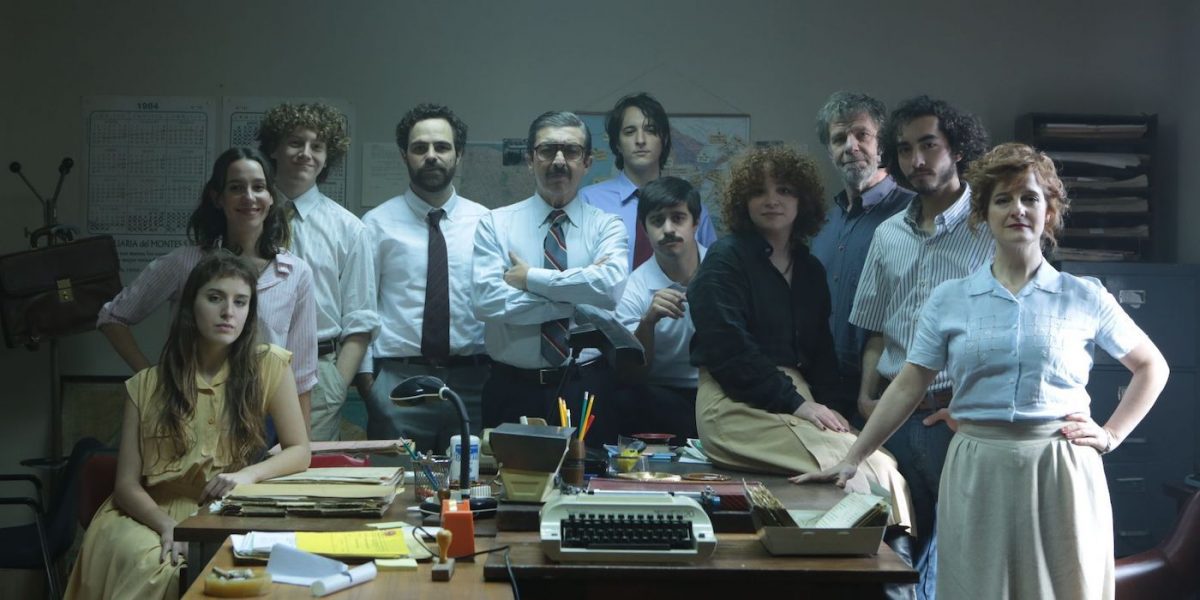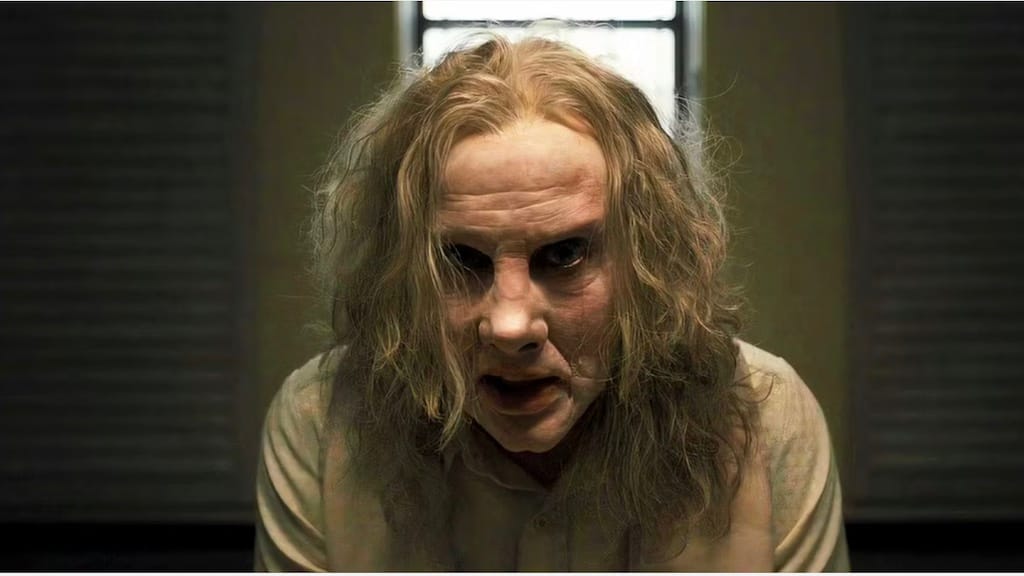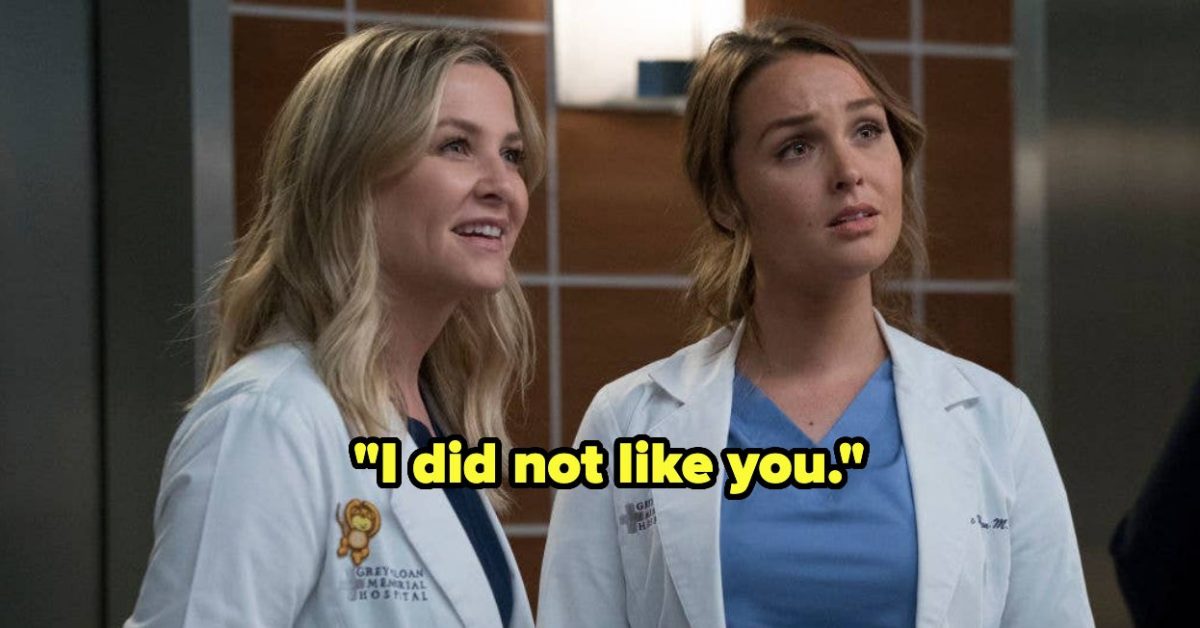
Gripping Legal Drama Succeeds On All Fronts
Jan 7, 2023
Argentina, 1985 is a deceptively clever bit of filmmaking that, as long as people are willing to traverse that one-inch barrier of subtitles, should be as embraced by casual moviegoers as seasoned cinephiles. It is a based-on-a-true-story legal drama that largely follows the narrative beats of that genre, long one of Hollywood’s most stirring. It is a particularly well-executed version of that formula, earning its moments of swelling emotion, but that formula’s guiding hand can nonetheless be felt. It also, however, bears traces of political satire — the bitingly cynical variety, à la 1969’s Z, in which it always feels like goodness and competence are doomed to be snuffed out by corruption and ineptitude. In one, justice is revered and virtually assured, as baked into the storytelling as an underdog victory is in the sports movie. In the other, seeking justice is a Sisyphean task, ultimately rendered farce by the systems designed to protect the status quo. Argentina, 1985 is an alloy of these two opposing sensibilities, and this juxtaposition is what turns a crucial bit of history into a film as admirable as it is resonant.
SCREENRANT VIDEO OF THE DAY
In the opening moments of the movie from director Santiago Mitre, Julio César Strassera (the esteemed Ricardo Darín) is on the precipice of a uniquely important opportunity. After years under a brutal military dictatorship, Argentina once again has a democratic government, and the new regime is set to try the leaders of the old one for crimes against humanity. Strassera, as the country’s sole prosecutor, will have to lead the effort to put some of the country’s most powerful men behind bars. It is a dangerous and difficult task. While officially deposed, the former dictators still wield plenty of influence, both over institutions and the populace, and Strassera himself begins the film convinced the trial will never be allowed to take place. But when it is set in motion, he is joined by the newly appointed deputy prosecutor, Luis Moreno Ocampo (Peter Lanzani), who brings an important perspective. A professor from a storied military family, he knows that their task in this trial is not only to present evidence of the defendants’ conspiracy, but to convince the Argentinian people of the legitimacy of this proceeding. They must prove that the civilian court can and should speak truth to power, and that no one, whatever their social standing, is above the law.
Related: Till Review: Danielle Deadwyler Is Excellent In Powerful Biographical Drama
Peter Lanzani and Ricardo Darín in Argentina, 1985
This is what makes Argentina, 1985’s approach to genre so effective for exploring this historical event. There are narrative stakes for the central characters — who are repeatedly threatened with violence — and thematic investment in whether good will triumph over evil, but it’s clear from the outset that what’s really at stake here is the soul of Argentina. The country and its young, democratic government sit at a forked road, the two paths represented by the movie’s two generic influences. This trial, and Strassera as its face, will determine whether the people’s justice is something to be respected by those in power, or mocked, as it had been the last few years. And even as the history itself is already set in stone, Mitre does not portray the event’s outcome as predestined, but sets it a social milieu still gripped by uncertainty about which road the nation will take. The result is a gripping drama that actually feels as important as viewers are told it is, which, as those who have seen enough biopics will know, is no easy feat.
Crucial to this as well is the respect shown by the filmmakers for the real-life horrors that made this trial a necessity. In what’s known as the Dirty War, the military junta kidnapped, tortured, murdered, and disappeared thousands of so-called dissidents without due process, and the prosecutors are tasked with proving that these actions were part of an organized campaign of state terror that could not have happened without signoff at the highest levels. While hundreds of witnesses from across the country testified in the real trial, Argentina, 1985 selects a few to highlight, and the descriptions of their cruel treatment are of course difficult to hear. In a lesser movie, these scenes might have felt manipulative or exploitative, but there is thankfully no effort to take audiences back to the incidents being described.
Ricardo Darín in Argentina, 1985
The filmmakers seem aware that the best method for historically documenting a holocaust, better than photographs or written accounts or recreations in fiction, is recorded testimony – hearing a victim’s story in their own voice. In the courtroom scenes, the camera simply captures the human emotion on display in the actors’ performances, as well as in what seem to be snippets of integrated archival footage from the trial itself. There are multiple instances of the mostly young team for the prosecution being suddenly moved to tears as they prepare documents, with no effort made to get into the specifics of what they’re reading. The message from Mitre is clear: If this film is moving, it is because the human stories it contains are moving.
This isn’t to say the movie is without formal flash, and the uses of montage and cinematography are crucial for settling the viewer into the time period. Nor does this mean the movie is dour. On the contrary, it is littered with laughs, the script confident (and correctly so) that levity won’t in any way harm the weightiness of the story. But, this approach does put a lot on the shoulders of its actors, who must strike a difficult balance for Argentina, 1985’s cocktail of tones to have its desired effect. They deliver across the board, especially Darín as a sober and reluctant public face of justice and Laura Paredes as essentially the film’s star witness. They are, to use one of the film’s metaphors, playing people who have shot through a momentary gap in the oppressors’ defenses and who chose not to squander their chance to land a real blow — Argentina, 1985’s definition of a hero. Watching this dramatization of their heroism is a true pleasure that prospective audiences would do well to seek out.
Next: Triangle Of Sadness Review: A Sharp, Deranged & Beautifully Hilarious Satire
Argentina, 1985 is available to stream on Prime Video as of October 21. The film is 140 minutes long and is rated R for language.
Publisher: Source link
"We Despised Each Other So Much That It Read As Love": 13 Costar Duos Who Did NOT Get Along
Diane Kruger said, "It kind of sucked. He's dead, so I can say that. But he wasn't the most pleasant person."View Entire Post › Disclaimer: This story is auto-aggregated by a computer program and has not been created or edited…
Dec 25, 2024
19 Best Experience Gifts for Everyone on Your List
Our writers and editors independently determine what we cover and recommend. When you buy through our links, E! may earn a commission. Learn more. As the holidays approach, the last loved one on your list is usually the hardest person to…
Dec 25, 2024
Celebs With Embarrassing Tattoo Mistakes Revealed
If read vertically from top to bottom and horizontally from right to left, which is how Japanese is read, the tattoo translates roughly to say "ring seven fingers." However, if the tattoo is read horizontally from left to right and then…
Dec 24, 2024
Bruce Willis’ Wife Emma Shares Family Photos Amid His Health Battle
Bruce Willis’ wife Emma Heming Willis is cherishing the good times. Almost two years after the Die Hard actor’s wife, his ex-wife Demi Moore, and his kids Rumer Willis, 36, Scout Willis, 33, Tallulah Willis, 30, Mabel Willis, 12, and Evelyn Willis, 10, announced that…
Dec 24, 2024











